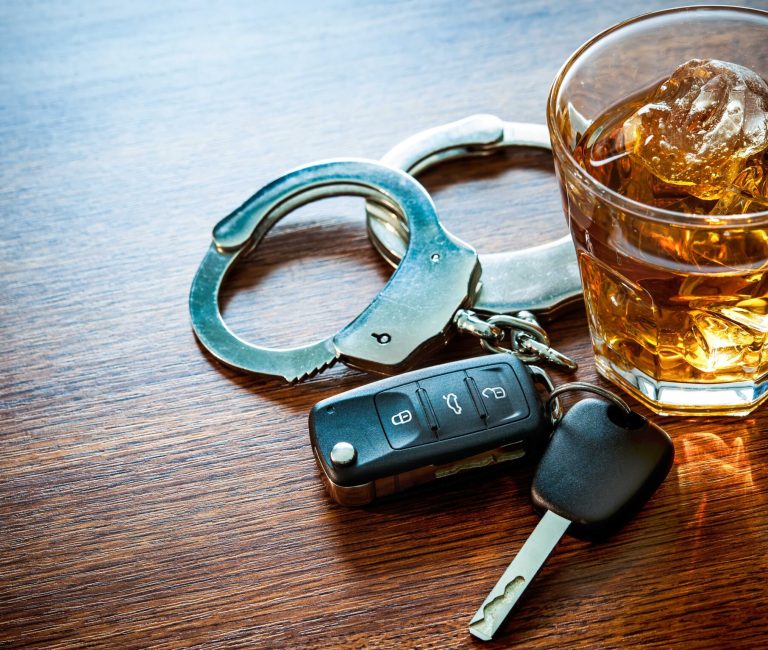Firearms

What is the Legal Definition of a Firearm?
Under Section 57(1) of the Firearms Act 1968, a firearm is defined as “a lethal barrelled weapon of any description from which any shot, bullet or other missile can be discharged.” This encompasses a wide range of weapons, including those that may not initially appear to be firearms, such as disguised weapons or air guns.
Given the complexity of firearms law, if you find yourself arrested or facing charges under the Firearms Act, it is crucial to seek expert legal advice immediately. The laws surrounding firearms are intricate, and the consequences of a conviction can be severe.
Common Types of Firearms Offences
There are several offences under the Firearms Act, and individuals may be charged with any of the following:
- Possessing a firearm
- Transferring or selling a firearm
- Converting or modifying a firearm
- Importing a firearm
Further Firearms Offences
In addition to common possession offences, there are other serious firearms offences under the Firearms Act, including:
- Possession with intent to endanger life
- Possession with intent to cause fear of violence
- Using a firearm or imitation to resist arrest
- Possession of a firearm while committing certain offences
- Carrying a firearm in public without lawful authority
- Possession of a firearm by someone with a previous criminal conviction
In some cases, the offence may involve a conspiracy, where two or more individuals agree to commit a firearms-related crime, such as conspiracy to transfer a prohibited firearm.
Possession of a Firearm
It is an offence under Section 1 of the Firearms Act 1968 to possess a firearm, certain air weapons, or certain types of ammunition without the appropriate certificate. This includes anything from handguns to more unusual weapons, such as self-contained gas cartridge air weapons. The key factor is possession — the prosecution must only prove that the defendant knew they were in possession of the weapon; it does not matter whether they knew what the weapon was.
Mandatory Minimum Sentence for Prohibited Weapons
Under Section 5 of the Firearms Act 1968, certain ‘prohibited weapons’ carry a mandatory minimum sentence of five years imprisonment. Prohibited weapons include:
- Machine guns
- Short-barrelled rifles
- Handguns and revolvers
- Self-loading shotguns
- Air weapons designed for use with a gas cartridge system
- Firearms disguised as other objects
If you are charged with possessing a prohibited weapon, the mandatory sentence will apply unless exceptional circumstances exist. In such cases, the judge may depart from the minimum sentence, but this is rare.
If you are unsure whether a weapon qualifies as a prohibited weapon, contact us immediately for specialist advice.
Defending a Firearms Charge
Defending firearms charges can be complex, and may involve the examination of forensic evidence, including:
- Fingerprint analysis
- DNA testing
- Forensic discharge residue (FDR) analysis
- Compatibility of the firearm with recovered ammunition
In many cases, expert testimony from firearms specialists will be crucial to the case. These experts assess the weapon’s specifications, capabilities, and classification to help the prosecution determine which section of the Firearms Act applies to the case.
How We Can Help
Firearm offences are serious, and the penalties can be severe. If you are under investigation or facing charges, it’s essential to have experienced legal representation. A conviction for a firearms offence could result in long-term consequences, including a lengthy prison sentence.
At Lostock Legal, our team is here to provide you with expert advice and representation. We are well-versed in the complexities of firearms law and can help you navigate the legal process, whether you’re facing charges for possession, trafficking, or any other firearms-related offence.
High Success Rate
Expert Legal Services
Highly Recommend
Free Consultation
Drop Us a Line
Trust our firm to deliver the results you deserve...
Let Us Help You
As the UK’s premier defence specialists, we represent clients throughout England and North Wales with unparalleled success. Our expert solicitors possess intimate knowledge of court procedures in every jurisdiction across the nation, having built a reputation for excellence in even the most challenging venues.
Need guidance on your case? Contact us today for a free, confidential consultation and discover how our proven strategies could protect your future.
I can’t thank these guys enough. Super supportive throughout the whole process.
26 July 2024
Great service very professional i got to keep my license after a speeding offence Alex is highly recommended
13 October 2024
I’ve been using Alex for years, always goes above and beyond, very knowledgeable and very good at what he does, I couldn’t recommend them enough
13 September 2024
Discover Frequently Asked Questions from Our Support
A firearm is defined as “a lethal barrelled weapon of any description from which any shot, bullet or other missile can be discharged”.
No. Possession is an “absolute offence” — the prosecution only needs to prove you knowingly had the item in your possession.
Prohibited weapons include machine guns, short-barrelled rifles, handguns, self-loading shotguns, and disguised firearms. Possession carries a mandatory minimum sentence.
For adults, the mandatory minimum is five years’ imprisonment, even for first-time offenders. Judges can only reduce this in exceptional circumstances.
Yes. Imitation firearms used to threaten or resist arrest can be treated as real firearms. Antique weapons may be exempt, but this depends on their classification and use.




